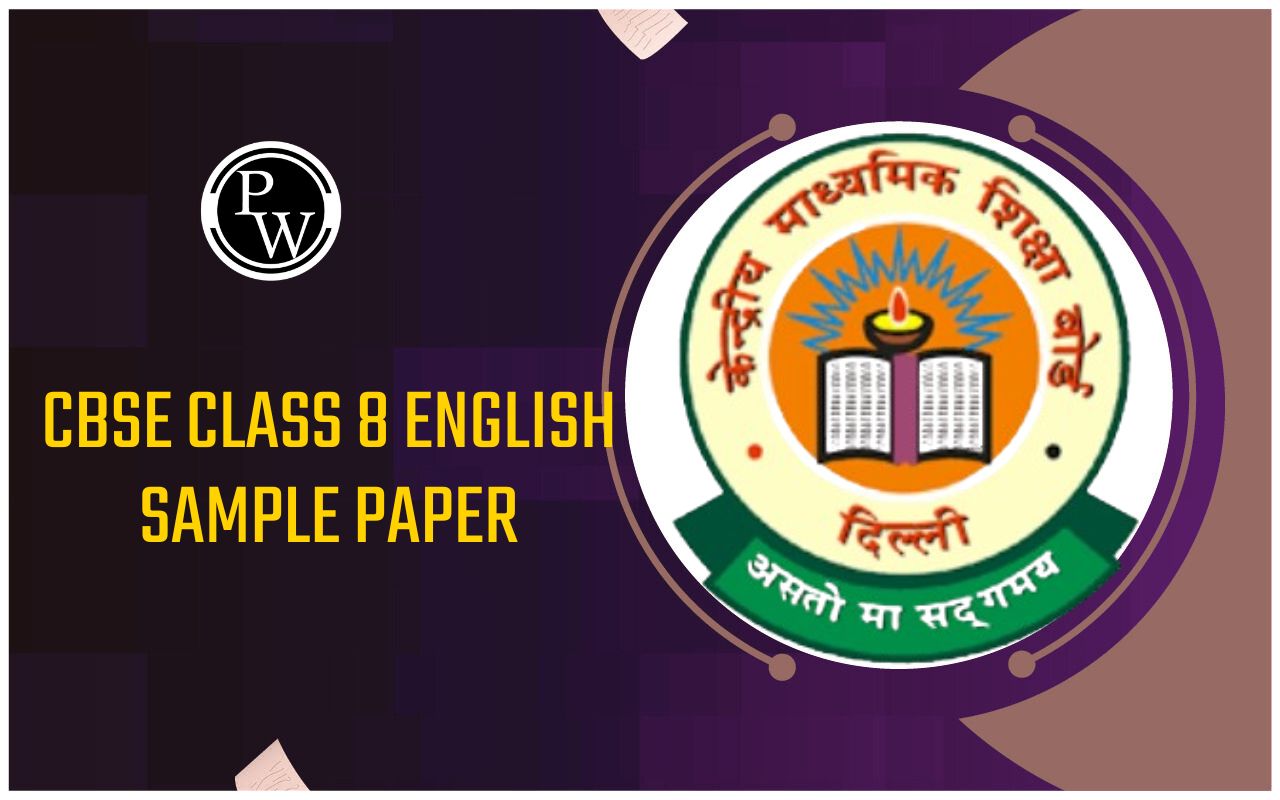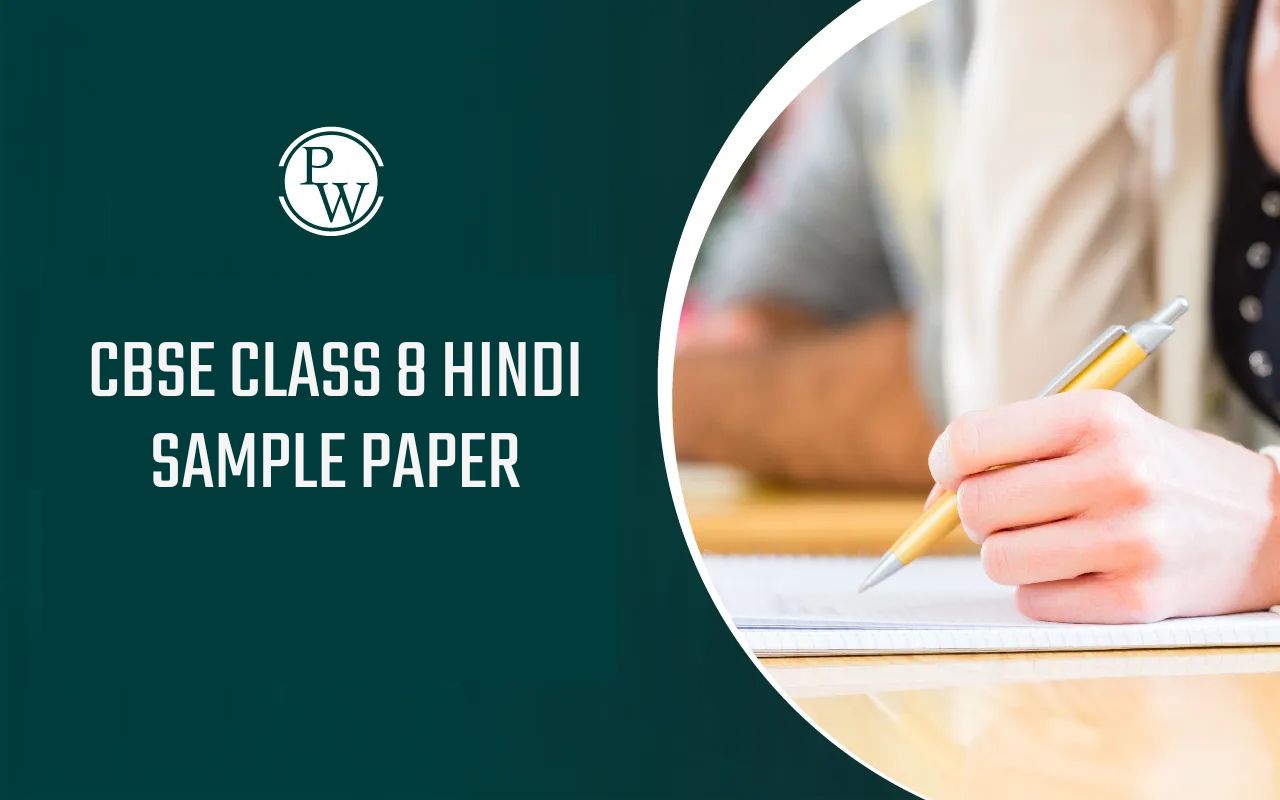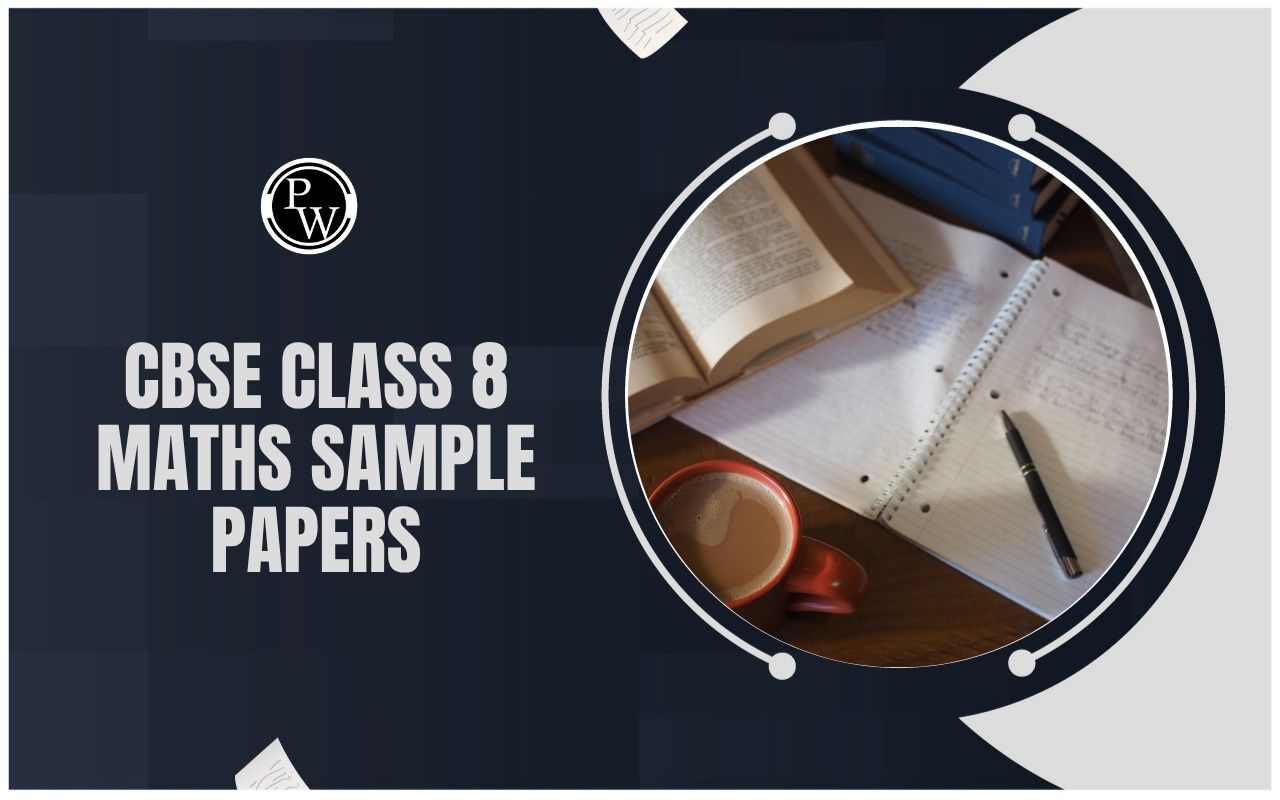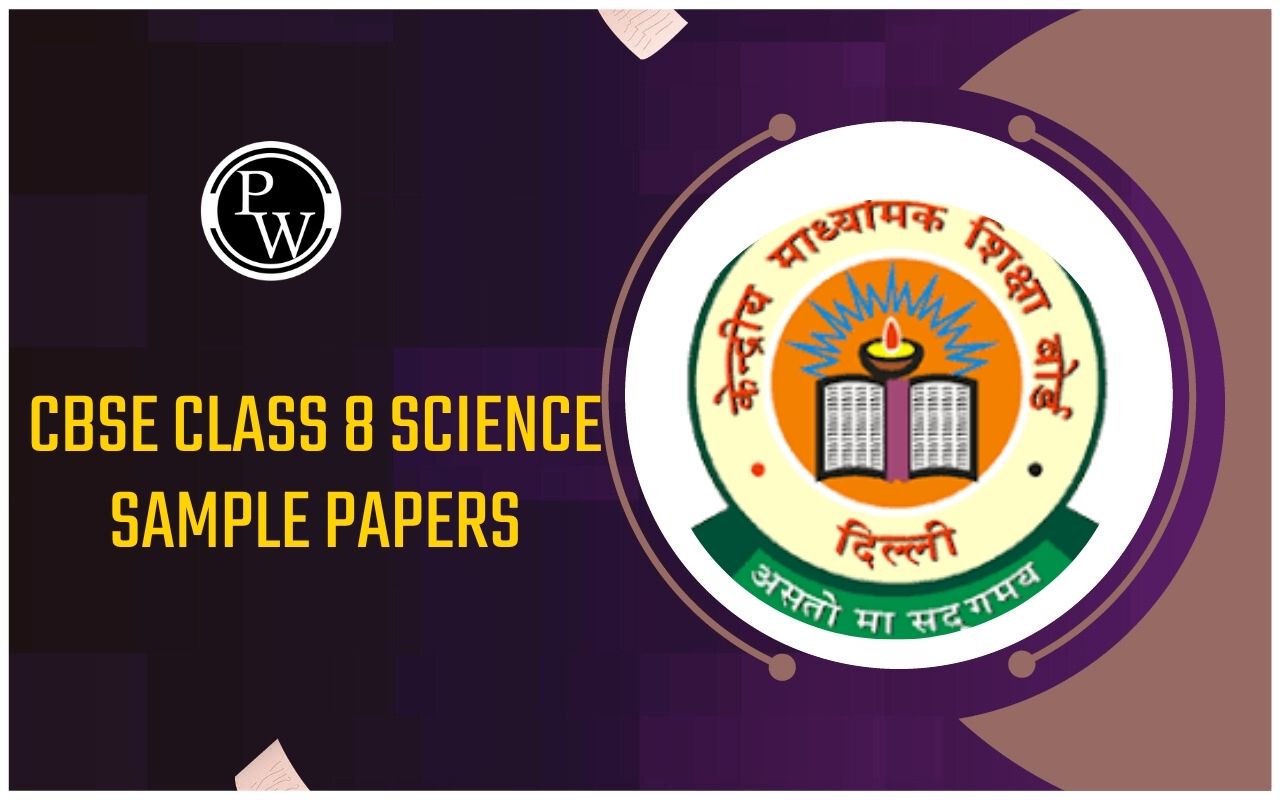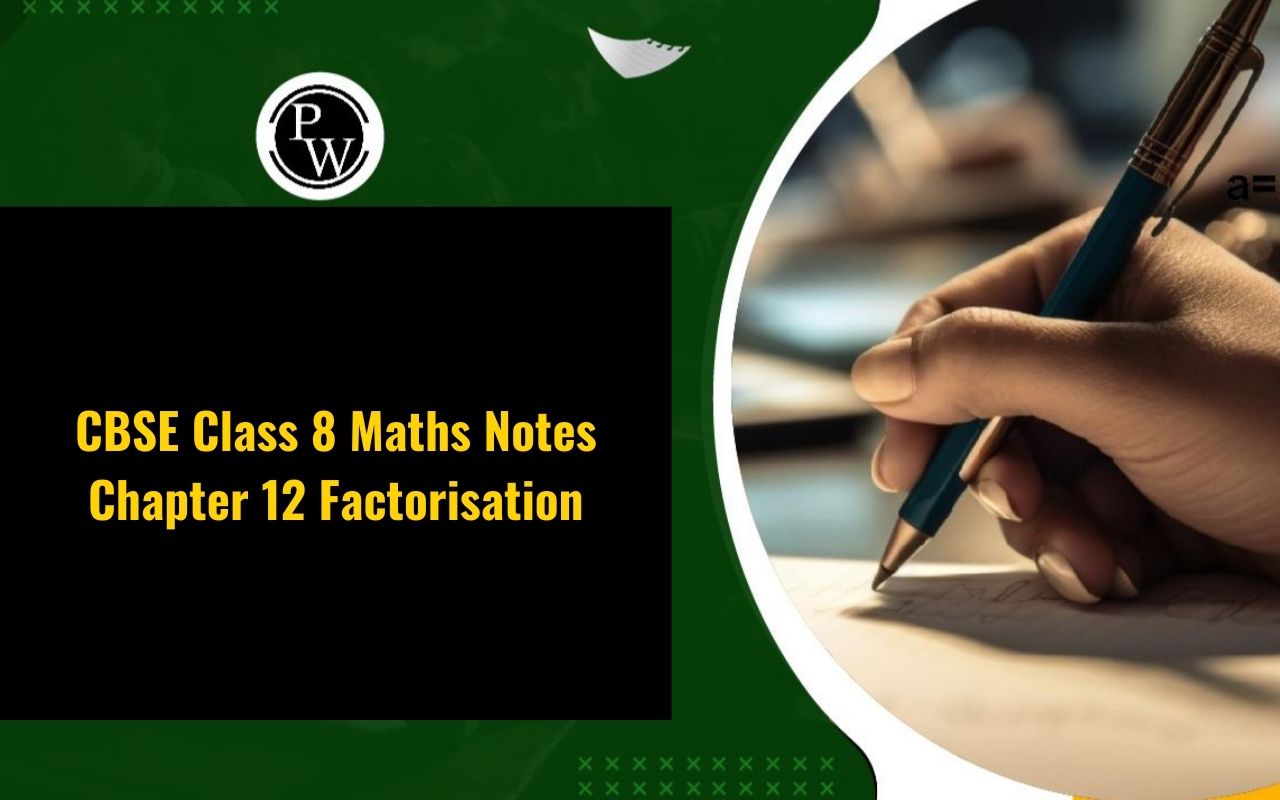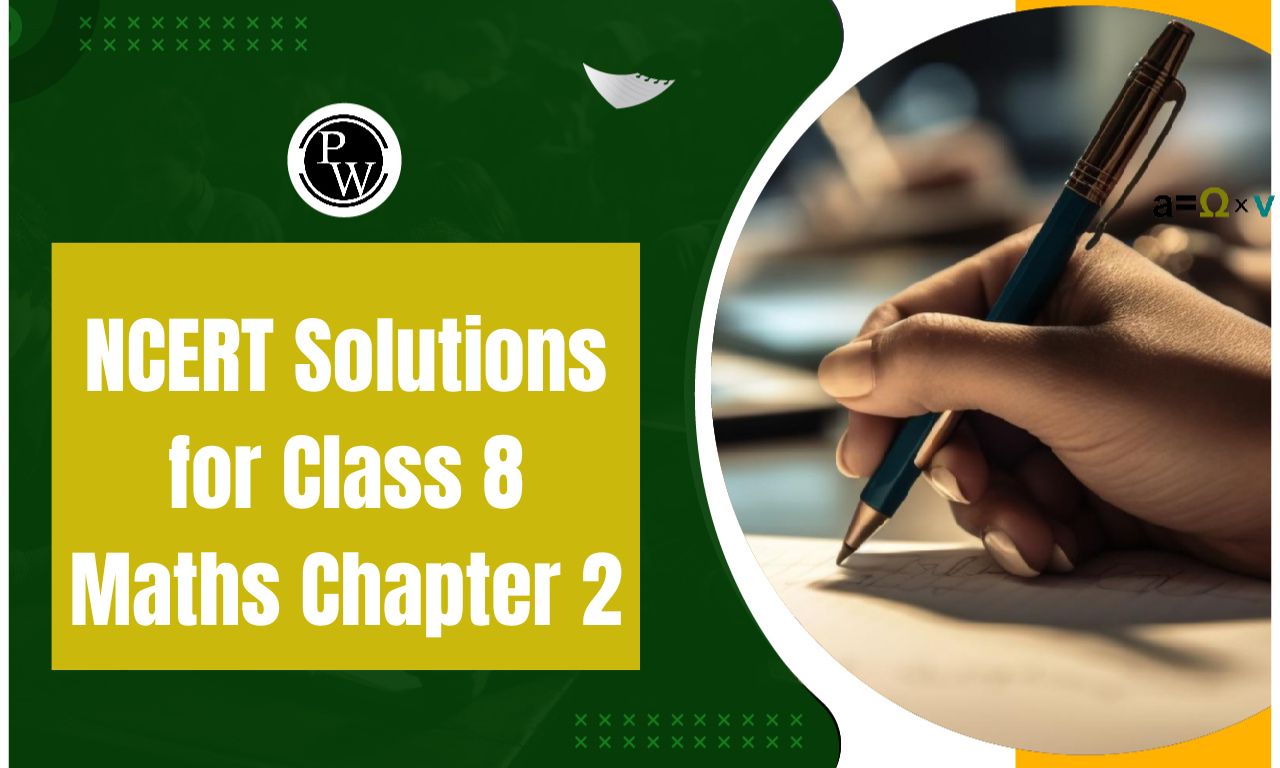
Important Questions for Class 8 Maths Chapter 1: Solving important questions for Class 8 Maths Chapter 1 Rational Numbers is highly beneficial for students. These questions cover a range of topics such as operations with rational numbers, properties of rational numbers, and solving real-life problems involving rational numbers.
By practicing these questions, students strengthen their foundational understanding of rational numbers, which is crucial for future mathematical concepts. They gain proficiency in performing addition, subtraction, multiplication, and division with rational numbers, as well as understanding and applying concepts like reciprocals, the concept of positive and negative rational numbers, and their representation on the number line. Solving these questions also helps in developing problem-solving skills, logical reasoning, and the ability to handle mathematical problems efficiently, which are essential for academic success in mathematics.Important Questions for Class 8 Maths Chapter 1 Overview
Rational numbers are numbers that can be expressed as the ratio of two integers, where the denominator is not zero. These numbers include all integers, fractions, and terminating or repeating decimals. In this chapter, students learn about the properties of rational numbers, such as closure, commutativity, associativity, distributivity, and the concept of additive and multiplicative inverses. Students will understand how to compare and order rational numbers and represent them on a number line. The chapter also covers solving problems involving rational numbers, which includes converting between fractions, decimals, and mixed numbers, and applying these concepts to real-world situations. Through a series of practice questions and problems, students enhance their ability to manipulate and understand rational numbers, setting a strong foundation for more advanced topics in mathematics.Important Questions for Class 8 Maths Chapter 1 PDF
For Class 8 Maths Chapter 1 Rational Numbers solving important questions is important for students to deepen their understanding of rational numbers and their properties. By working through these questions, students improve their problem-solving skills and become more confident in handling rational numbers in different forms. The availability of a PDF link for these important questions provides easy access to a structured set of problems and solutions, making it a valuable resource for students to revise and prepare for exams.Important Questions for Class 8 Maths Chapter 1 PDF
Important Questions Class 8 Maths Chapter 1 Rational Numbers
Here are some important questions from Class 8 Maths Chapter 1 Rational Numbers along with their solutions:Short Answer Type Questions:
1. What are the multiplicative and additive identities of rational numbers?
Solution: 0 and 1 are the additive and multiplicative identity of rational numbers respectively.
2. Write the additive inverse of 19/-6 and -⅔
Solution: 19/-6 = 19/6 and -⅔ = 2/3
3. Write the multiplicative inverse of -13/19 and -7
Solution: -13/19 = -19/13 and -7 = -1/7
4. Reciprocal of
 −2
is ___
−2
is ___
Solution: Reciprocal of any number will be the inverse of that number.
That is, the reciprocal of a is 1a .
Hence, the reciprocal of
 −2
is
−2
is
 −12
.
−12
.
5. Zero has ____ reciprocal
Solution: The product of any number with 0 will be 0 and hence, zero has no reciprocal.
Long Answer Type Questions
1. Mention the commutativity, associative and distributive properties of rational numbers. Also, check a × b = b × a and a + b = b + a for a = 1/2 and b = 3/4
Solution: Commutative property:
- For any two rational numbers, a and b, a + b = b + a.
- For any two rational numbers, a and b, a × b = b × a.
- Associative Property:
- For any three rational numbers a, b and c,
- (a + b) + c = a + (b + c)
- Distributive property states that for any three numbers x, y and z,
- x × ( y + z ) = (x × y) + ( x × z)
- a x b = b x a
- a x b = 1/2 x 3/4 = 3/8
- b x a = 3/4 x 1/2 = 3/8
- a + b = 3/4 + 1/2 = 5/4
- b + a = 1/2 + 3/4= 5/4
2. Write any 5 rational numbers between −2/5 and ½.
Solution: −2/5 can be written as −8/20. 1/2 can be written as 10/20. So, rational numbers between these two numbers can be, −7/20,−6/20,−5/20,−4/20,−3/20,−2/20,−1/20,0,1/20,2/20,3/20,4/20.3. If the product of any two rational numbers is two and one is 1/7, find the other?
Solution: Consider two rational numbers: "a" and "b."
Given, a = 1/7 and a × b = 2 Now, 1/7 × b = 2 b = 7 × 2 = 14 So, the other rational number will be 14.4. Mr. X went shopping with a certain amount of money. He spent Rs. 10(¼) on buying a pen and Rs. 25(¾) in food. He then gave the remaining Rs. 16(½) to his friend. Calculate how much money he initially had.
Solution: To get the amount of money Mr. X initially had, his purchases must be added.
So, Initial Money = 10(¼) + 25(¾) + 16(½) = 41/4 + 103/4 + 33/2 By taking LCM, we get Initial Money = 105/2Benefits of Solving Important Questions for Class 8 Maths Chapter 1
Strengthens Conceptual Understanding :
- Familiar with properties of rational numbers (commutative, associative, distributive).
- Helps in understanding additive and multiplicative identities and inverses.
Prepares for Exams :
- Practice with similar problems boosts time management and exam performance.
- Improves problem-solving skills for short and long answer questions.
Improves Problem-Solving Skills :
- Teaches operations with rational numbers (addition, subtraction, multiplication, division).
- Builds competence in finding HCF, LCM, and converting fractions to decimals.
Enhances Application of Theories :
- Reinforces the concept of rational numbers on the number line.
- Develops skills to find numbers between fractions and solve real-world problems.
Identifies Weak Areas :
- Continuous practice helps in identifying and focusing on weaker topics.
- Self-assessment after solving different types of questions.
Important Questions for Class 8 Maths Chapter 1 FAQs
What are rational numbers?
Are all integers rational numbers?
Can a rational number be negative?
How do you add or subtract rational numbers?

